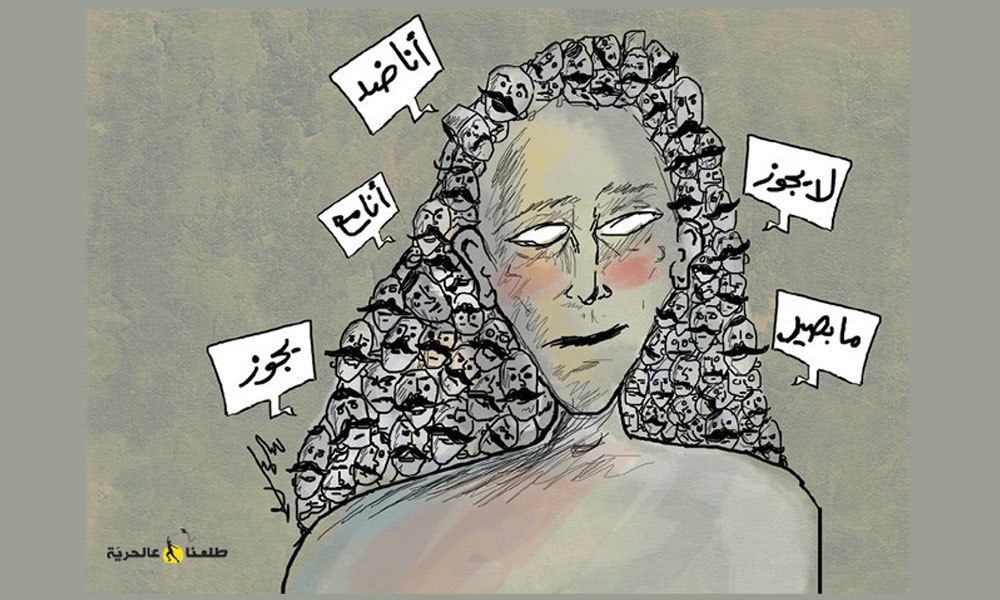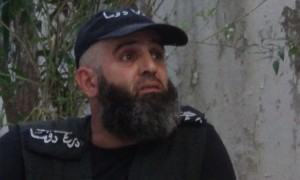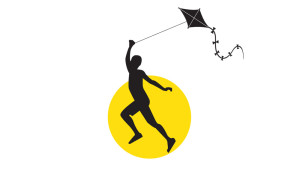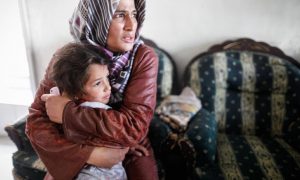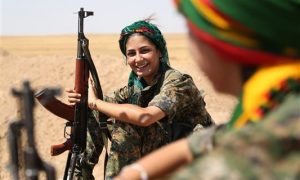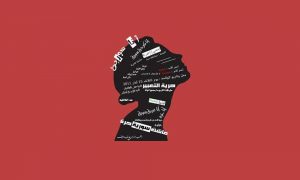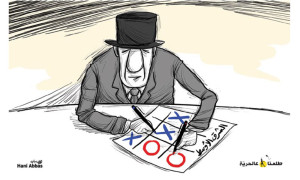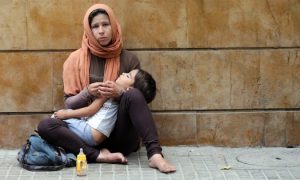I define feminism as the belief that men and women are equal socially, legally, and politically. Thus, feminism = the belief in equality.
In theory, this is an obvious statement. It is easy to repeat as a slogan. However, the practical reality is that the concept of feminism – or full equality between the sexes – is a contentious battle that challenges cultural traditions and threatens the current state of social institutions and power structures.
In many cultures, women have been cast into traditional gender roles: loving mother and doting wife above all else. Over the years, as economic necessity dictated and as social consciousness increased, women have challenged the notion of limited roles and pushed for social and political change. Today, women around the world are pressuring their societies and governments to adopt the concept of gender equality at all levels. And they have succeeded in many ways: women around the world are government leaders, business executives, and experienced professionals. This is feminism – the embodiment of equality, even if imperfectly implemented.
In the Syrian context, the demands of the people for equality and freedom has resulted in mass murder of genocidal proportion on the part of the regime. Those opposing the regime – whether formal organizations or independent activists – continue to support the revolution with the slogan of equality, dignity, and freedom for all Syrians. But how does this compare to reality? In examining our “formal” opposition, we note that its members are overwhelmingly men. If we assess the most prominent civil society organizations, we note that the executives are mostly men. Is this imbalance the result of social factors and societal norms, or a fear that if women hold positions of representation or power they will marginalize the men? I believe it is fear, not society, though long-held views of women certainly play a role. Regardless of the cause, we must recognize that Syrian women, who make up well over half the Syrian population, are grossly underrepresented; not because we are not involved, but because we are marginalized. To make sure “freedom and equality for all Syrians” is not merely a slogan, we must adopt feminism as one of our guiding principles.
In analyzing Syrian gender stereotypes, I note that if a woman is smart, holds independent opinions, and refuses to be intimidated, she is described as “strong.” This is not intended as a compliment; it is meant as an insult more along the lines of “not feminine.” Our culture stresses the importance of “weak femininity” – that is, a role that is subservient to men; a role that consists primarily of wife, mother, sister, or daughter. Why is it that we cannot celebrate the fact that women are both strong and accomplished, both in the home and in the workplace? Why is femininity defined by men as an absence of “masculine” traits such as independence and outspokenness?
When Syria moves into the rebuilding phase, women must be recognized and empowered as a political and economic force. In the post-Assad era, we must draw upon all of Syria’s assets, regardless of gender. A new government in its infancy cannot afford to marginalize more than half its population. We Syrians must not limit our narrative to merely restating the revolution’s goals; we must act to implement them. Freedom, dignity, and democracy for all must be more than a platitude or a sound bite and must include women at all levels. Equality cannot be granted by our male counterparts, but it must be recognized by them. If we accept the principle of equality, we accept the principle of feminism.
We need to clearly define feminism as an integral component of equality among Syrians, and find a way to implement it in our written and oral narratives. For example, no longer should a manager or elected official automatically be considered a “he.” By the same token, we need to put to rest the notion that an administrative assistant or office manager must be a “she.”
By developing a gender-neutral narrative and promoting education, we can change misogynistic notions that women are not suited for certain tasks because we “make decisions based on emotion.” We have an opportunity to dispel the myth that women “are weak” in the future Syria, the one created by our common demands. That Syria, the country that bleeds for equality and freedom for all, will require the active participation of all its citizens, at all levels, regardless of their gender.
Through education, training, and empowerment, both men and women can help change the Syrian social narrative and bring about evolutionary change to gender perceptions. As equal participants, we all need to take on domestic duties, administrative tasks, and leadership roles across business, society, and government.
Professionally and politically, let us see Syrian women as CEOs, doctors, mayors, governors, ministers, and yes, the president. Let us see women working as peers, side-by-side with men. Let the men participate in domestic areas, and let us all be equals at every level of society. Let us see Syrian women with the same rights as their male counterparts, whether in personal status, employment and educational opportunity, or political representation.
Culturally, let us put to rest the old ideas that women must be hidden, covered, or isolated to protect family honor. Since we will have to rebuild our society, culture, and country, we might as well rebuild our thinking. Let us measure our honor not by our virginity or piety, but by our work ethic, how we treat others, and our accomplishments. As new Syrians we need to do this not just in the home, but in the hospital, the school, the construction site, the parliament, and the president’s office. Let us develop and refine our measures of leadership and qualification so that we can extract the best of what we can all offer. Let us honor our Syrian sisters not simply because they lost husbands, fathers, sons, or brothers in the revolution – but because they are paving the way for a new country of free Syrian feminists.


